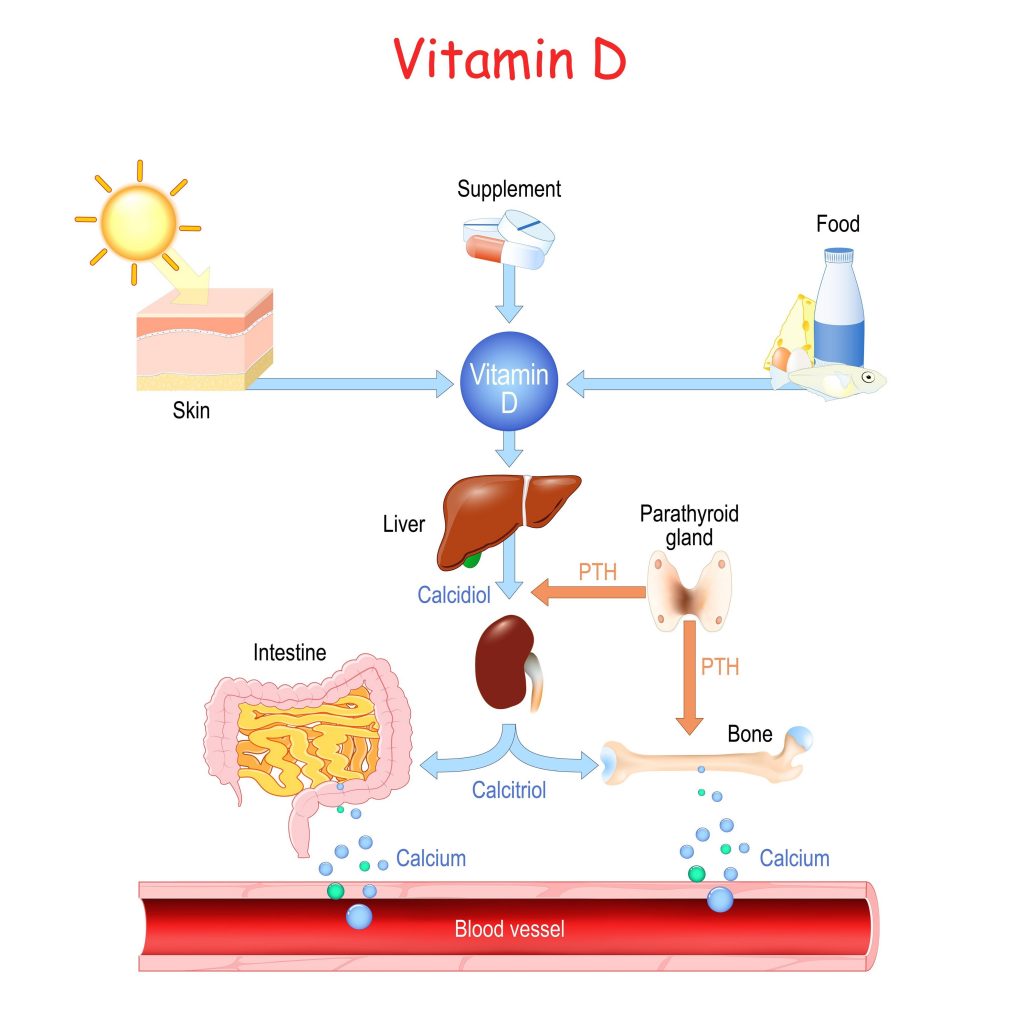🥛 The Golden Years & The White Gold: The Unique Role of Milk in Healthy Aging
As the population ages globally, focusing on nutrition to maintain vitality becomes paramount. Among the staples of a healthy diet, milk and dairy products hold a unique and often underappreciated role in supporting the specific health needs of older adults. Far from being just a childhood beverage, milk is a nutritional powerhouse critical for managing the age-related decline in bone, muscle, and even cognitive health.

💪 Building and Maintaining: The Core Benefits
Milk is much more than just a source of calcium; it’s a naturally complete food that delivers a synergistic blend of nutrients especially vital for seniors.
1. Bone Strength and Osteoporosis Prevention
Aging naturally leads to a loss of bone mineral density (BMD), dramatically increasing the risk of painful and debilitating fractures from conditions like osteoporosis. Milk is a top-tier source of the primary building blocks for bone health:
- Calcium: Essential for maintaining bone mass. The body’s ability to absorb calcium can decrease with age, making consistent intake crucial.
- Vitamin D: Often added (fortified) to milk, Vitamin D is essential for the body to effectively absorb calcium.

Research, such as studies from The Framingham Study, suggests that the protective effect of dairy on bone loss is significantly enhanced in older adults who also take Vitamin D supplements.
- Phosphorus and Magnesium: These minerals also play supportive roles in bone structure and health.
2. Combating Sarcopenia: Muscle Mass Preservation
A key challenge of aging is sarcopenia—the progressive loss of skeletal muscle mass and strength. This can severely limit mobility, increase the risk of falls, and reduce overall quality of life. Milk is an excellent defense due to its high-quality protein:
- High-Quality Protein: Milk proteins, primarily whey and casein, are considered complete proteins, containing all nine essential amino acids. Whey is digested quickly, providing a rapid surge of amino acids to stimulate muscle protein synthesis (MPS).
- Leucine: Milk protein is particularly rich in Leucine, a critical amino acid that acts as a trigger for muscle building. Studies indicate that an increased intake of high-quality protein, like that found in dairy, can significantly help older adults preserve lean body mass and improve muscle strength, especially when combined with resistance exercise.
Beyond the Body: Emerging Cognitive Benefits
Recent and unique research is shedding light on milk’s surprising potential to support brain health in later life.
- Antioxidant Power: A study from the University of Kansas Medical Center found that older adults who consumed three cups of milk per day had significantly higher brain levels of Glutathione (GSH), a powerful antioxidant. GSH helps protect the brain from oxidative stress, which is a major mechanism in brain aging and neurodegenerative diseases like Alzheimer’s and Parkinson’s.
- Lower Risk of Cognitive Decline: Multiple systematic reviews and meta-analyses suggest that higher milk intake is significantly associated with a decreased risk of cognitive disorders. While the exact mechanisms are still being explored, the combination of B-vitamins, calcium, and protective effects against cardiovascular risk factors (which also affect the brain) are believed to play a role.
Example in Action: Consider Mr. Lee, a 75-year-old who enjoys an afternoon cup of tea with milk and has low-fat milk on his morning cereal. His consistent dairy intake is not only contributing to his recommended 1,000mg of daily calcium for his bones, but the protein in the milk is helping his muscles stay responsive, which is vital for his weekly gentle tai chi class. Furthermore, the nutrients are providing a daily boost of neuroprotective compounds, supporting his keen enjoyment of crossword puzzles.
Addressing the Challenges of Consumption
While the benefits are clear, older adults sometimes face barriers to consumption:
| Challenge | Impact on Elderly | Recommended Solution |
| Lactose Intolerance | Gastrointestinal discomfort (bloating, gas) leading to avoidance. | Switch to lactose-free milk, fermented products like yogurt and kefir (which contain lactase enzymes), or consume small amounts with other solid foods. |
| Poor Appetite/Malnutrition | Difficulty in consuming enough servings due to reduced appetite. | Use milk as an easy, nutrient-dense base for smoothies or in soups. Choose whole or fortified milk for extra calories and vitamins if weight loss is a concern. |
| Swallowing Difficulties (Dysphagia) | Thin liquids like milk can be challenging or unsafe to swallow. | Use commercially available thickeners to reach a safer consistency, or opt for thicker dairy alternatives like custard or pudding. |
In conclusion, for older adults, milk is a strategic dietary choice—a readily available, affordable, and multi-nutrient food that directly addresses the primary health concerns of aging, from structural integrity to mental acuity.
Leave a Reply